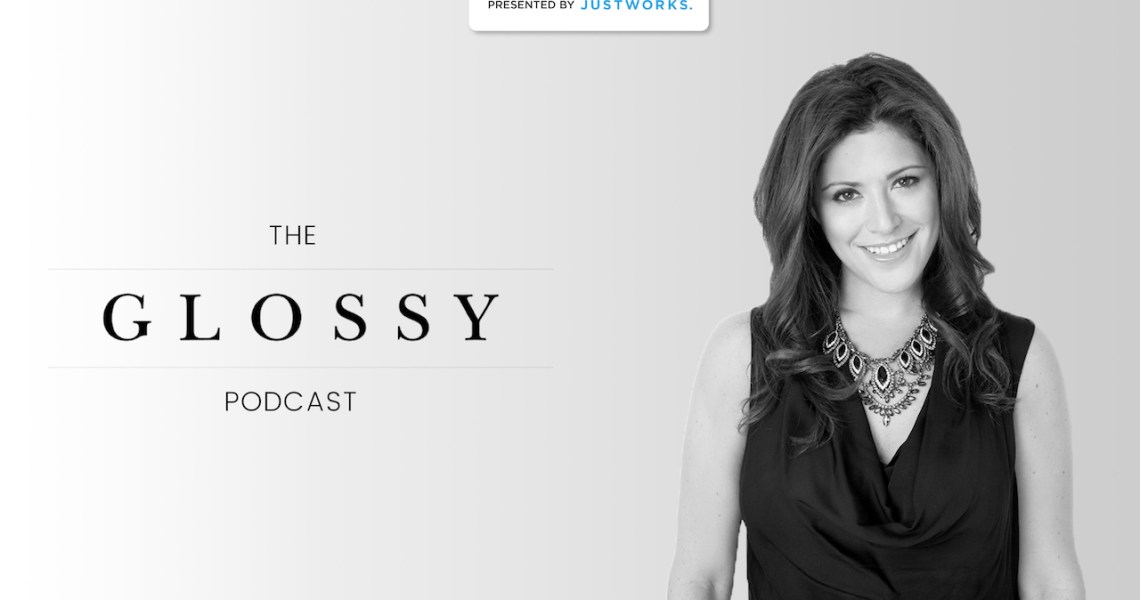BaubleBar has raised millions from investors confident in its business model of delivering stylish earrings, necklaces and rings at affordable prices. The company sells its products online, and in over 17 countries via 200 retailers — some of which, like Target, the company teamed up with to create exclusive lines.
“We had been doing our research on the market and felt there was a huge opportunity at a lower price point than where the main BaubleBar brand sat,” said Daniella Yacobovsky, the company’s co-founder. That’s where Target came in.
On this week’s Glossy Podcast, Yacobovsky also talks about the consumer opportunities opened up by selling affordable accessories, the data goldmine BaubleBar sits on and the difference a celebrity fan like Julia Roberts can make for a brand. Edited highlights below.
Jumping into a trend is easier when it’s affordable:
“The customer is smart. They know what they’re spending their money on. So when neon was a massive trend, we had a lot of people who said, ‘I think it’s cool. I want to participate, [but] I don’t know that I want to go spend a couple hundred bucks on something neon, because I don’t know how much longer I’m going to want to participate in this trend. But I can get a bracelet or a pair of earrings or something from you guys for something in the $40 to $60 range, and it feels like a really fun way to participate in that trend.’ And then there are some looks that people really want to invest a bit more money in, knowing that they’re going to last.”
Data is the real gold:
“We have all of our products attributed every single way that you could think of in our back end. Everything from color to silhouette to motif to style, to little weird nuances that you probably wouldn’t think of but our design and merchandising team have. And we really use that to help inform what’s moving in the market and what’s moving within specific demographics.”
Teaming up with retailers for exclusive product lines:
“I think there is this automatic assumption to feel as though, if it’s not under your brand and channel, it’s competitive. And we just don’t feel that way. We really feel that a rising tide lifts all boats. When we moved into wholesale, we got the feedback of, ‘Why would you do that? You’re going to kill your business!’ Well, guess what? I only know one brand that has successfully built a very large owned channel with absolutely no access to wholesale whatsoever, and that brand is called Amazon, and I don’t think that there’s gonna be another one. So I think that we all collectively need to be really smart and strategic about where we want our brand to be sold. And I think it’s not about making decisions that you feel are right for you from a financial perspective as a business, but it’s about making the right decisions for your customer.”
Ad position: web_incontent_pos1
The Julia Roberts effect:
“Obviously, any time a big name is wearing the product and doing so in a public way, people are really excited to come purchase the product. I think what’s also really exciting about the category is that, usually, when a celebrity is wearing jewelry, there is an expectation that it’s going to be a $10,000 product and that there’s no way you’re going to be able to purchase it. I think the fact that Kylie Jenner was wearing a pair of earrings that we retail for less than $50, and the fact that Julia Roberts was wearing a fistful of rings, each of which retails for $40-something — the fact that you can buy those looks yourself really resonates with people.”




